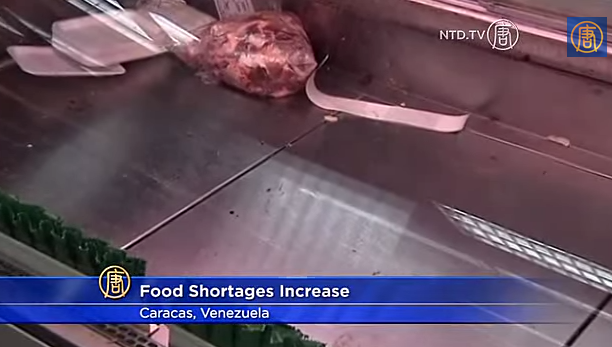Students play the game in groups of 3's or 4's. After each round the winner doesn't have to conjugate any verbs, but the losers have to conjugate verbs based on the cards they have in their hand at the end of the round. Each suit (spades, clubs, hearts, and diamonds) corresponds to a given verb, and each card value has an assigned subject pronoun.
 |
| This is how it works |

